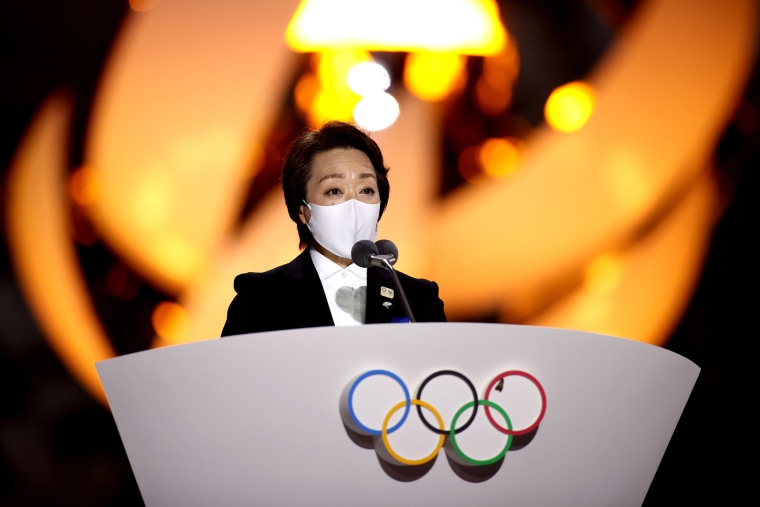TOKYO — Japan will not send a government delegation to the 2022 Winter Olympics in Beijing in February, it said on Friday, a move likely to deepen tension with China.
Tokyo’s decision follows a U.S.-led diplomatic boycott of the Games over concerns about human rights in China, although Japan has avoided explicitly labeling its move as such.
While Japan is a partner of the United States, it also has strong economic ties to China.
Download the NBC News app for breaking news and politics
Tokyo will not send a government delegation to the Games, but will instead dispatch some officials with direct ties to the Olympics, Chief Cabinet Secretary Hirokazu Matsuno told a news briefing.
They include Seiko Hashimoto, head of the Tokyo 2020 organizing committee, as well as the heads of the domestic Olympic and Paralympic committees.
“Japan believes that it’s important for China to ensure freedom, respect for basic human rights and the rule of law, which are universal values of the international community. Japan is addressing those things with China directly at various levels,” Matsuno said.
“As the Tokyo Games showed, the Olympic and Paralympic Games are a celebration of peace and sports that give courage to the world. Japan’s government decided on its response to the Beijing Winter Olympics by taking those points into consideration, and deciding on its own.”
The absence of Japanese officials was not taken under any “specific term,” Matsuno said, indicating that the government was not calling the move a boycott.
Japan has typically taken a softer tone on the issue of human rights in China, reflecting its widespread dependence on the country not only as a manufacturing hub, but as a market for everything from autos to construction equipment.
Still, Prime Minister Fumio Kishida has faced rising pressure within his governing Liberal Democratic Party to take a tougher stance on China, public broadcaster NHK said.
